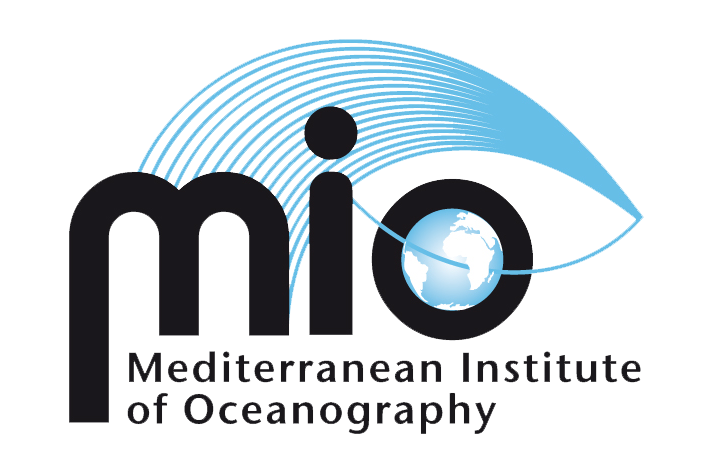Ocean and climate: French research mobilized in a priority research program
The new priority research program "Ocean and Climate" brings together the strengths of the French scientific community to better understand this ecosystem and better protect it. The research teams mobilized will have to meet seven major challenges related to the issues of sustainable development for the ocean.
Research is getting organized
The ocean is an ecosystem threatened by global warming, pollution, overexploitation of its resources and degradation of its habitats.
To better understand and preserve this environment, French President Emmanuel Macron has announced the creation of a priority research program (PPR). Launched this June 8, 2021, on World Ocean Day, the PPR "Ocean and Climate" has a budget of 40 million for a period of six years.
Led by CNRS and Ifremer, it is placed under the responsibility of the Ministry of Higher Education, Research and Innovation and the General Secretariat for Investment.
The RPP Scientific Advisory Board, established to provide independent advice to the Steering Committee on the overall strategy of the RPP, its implementation and the associated scientific leadership, is chaired by Yunne Shin, Director of Research at IRD. Its members also include Frédéric Ménard and Marie Bonnin, both research directors at IRD.
An ocean of solutions
The "Ocean and Climate" RPP is structured around four defined geographical areas: overseas, deep ocean, polar oceans, and coastal ecosystems in mainland France; and three priorities: forecasting the ocean's response to climate change and adaptation scenarios, sustainable use of the ocean, and preservation of its biodiversity and services.
Seven interdisciplinary challenges have been constructed by the RPP Scientific Council, chaired by Yunne Shin. The objective will be for the scientific community to meet these seven challenges by proposing ambitious projects that will structure French research for the coming decade around the major issues of sustainable development for the ocean:
Predicting the impacts of extreme events related to climate change in the overseas territories to guide territorial policies: the intertropical band is an area where there are the greatest uncertainties when simulating climate change. Research will aim to understand the extent to which increased frequency of storms and marine heat waves will impact these territories or how sea level rise will affect populations.
Intensify research in the polar oceans, which are changing rapidly and have major geostrategic stakes: the Arctic is warming three times faster than elsewhere and the ice pack is disappearing. The ecosystem of this ocean is now extremely disturbed. The polar oceans are also at the crossroads of geostrategic issues because they contain hydrocarbon resources. To what extent will all these aspects affect the indigenous populations?
Characterizing the oceanic "exposome" to protect marine ecosystems: the oceanic exposome covers all the exposures to pollutants that this environment undergoes. What is the extent of this exposome and what impact does it have on the ocean and the species that live there?
Developing innovative observation and modeling programs to better understand the ocean: only a tiny part of the ocean has been accurately mapped out of a total volume of 1,370 million km3 and a surface of 360 million km2 . Similarly, only 270,000 marine species have been identified out of a total of several million.
Improving the protection and resilience of marine environments through the development of new integrative management approaches: the aim is to improve the protection and resilience of marine environments, through Marine Protected Areas (MPAs) for example. These can have real benefits for the population, but they need to be better studied in order to know how to take full advantage of them.
Exploiting ocean resources based on the science of sustainability: especially for the exploitation of the deep sea and their mineral reserves. How are deep-sea ecosystems affected? This challenge includes fishing. In 2020, 60% of the 400,000 tons of fish landed in metropolitan France came from sustainably exploited populations, but overfishing still affects 21% of populations, and 2% are considered "collapsed".
Sharing with the general public the discovery of the ocean and the associated societal issues: all this research will have little impact if society is not involved. Therefore, the PPR wishes to strongly involve society in the protection and enhancement of the ocean. It is important to make the largest number of people aware of its state, but also of the answers and solutions that research proposes.

